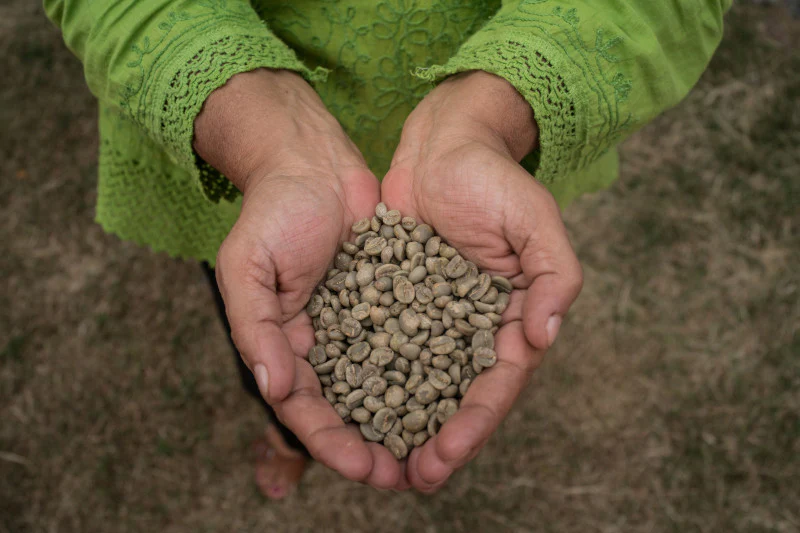Luwak coffee is one of the most unique and expensive coffees in the world. Originating from Indonesia, this coffee undergoes a distinct fermentation process inside the digestive tract of the civet (luwak), which contributes to its smooth, rich flavor. After the beans are collected from the civet’s feces, they go through a series of processing steps one of the most critical being the drying stage. Proper drying not only preserves the flavor profile but also ensures the beans’ longevity and safety for consumption.
Why Drying Is Crucial in Luwak Coffee Processing
Drying coffee beans is essential to reduce moisture content to an optimal level typically around 10-12%. If coffee beans are too moist, they are prone to mold, fermentation, and quality degradation. For Luwak coffee, which has already undergone a unique fermentation process inside the civet, careful drying is vital to preserve its delicate flavors and prevent contamination.
Common Drying Methods for Luwak Coffee
1. Sun Drying (Natural Drying)
This is the most traditional and widely used method in Indonesia. After washing and fermenting, the beans are spread out under direct sunlight, usually on raised beds or bamboo mats.
Pros:
- Low-cost and eco-friendly
- Helps retain natural flavors
Cons:
- Weather-dependent
- Requires regular turning and supervision
2. Solar Drying
Similar to sun drying, solar drying uses greenhouses or specially designed solar dryers. These structures trap solar heat and provide a more consistent environment for drying.
Pros:
- Faster and more controlled than open sun drying
- Reduces risk of contamination from animals or debris
Cons:
- Higher initial investment
- Requires space and maintenance
3. Mechanical Drying
Mechanical dryers are used to speed up the drying process, especially during the rainy season. The beans are dried using heated air inside a controlled chamber.
Pros:
- Fast and reliable regardless of weather
- Offers precision in moisture control
Cons:
- Expensive equipment and operational costs
- Can potentially affect flavor if not properly monitored
4. Hybrid Method
Some producers use a combination of sun and mechanical drying. The beans are initially dried under the sun and then finished using mechanical dryers to achieve optimal moisture levels.
Pros:
- Balanced approach to quality and efficiency
- Preserves flavor while ensuring stability
Cons:
- Requires both space and machinery
- More complex logistics
Post-Drying Considerations
Once drying is complete, beans are hulled to remove the parchment layer. They are then sorted, graded, and stored in cool, dry conditions. For Luwak coffee, extra care is taken to maintain hygiene and avoid any contamination that may compromise its value.
Conclusion
Drying is not just a technical step in Luwak coffee processing it is a key factor that influences the final flavor, aroma, and safety of the beans. From traditional sun drying to modern mechanical systems, each method has its advantages and limitations. For producers of Luwak coffee, choosing the right drying technique depends on their scale, resources, and quality goals.
Frequently Asked Questions (FAQ)
Why is drying important for Luwak coffee?
Drying reduces the moisture content of beans, preventing mold growth and preserving the unique flavor developed during fermentation.
How long does sun drying take for Luwak coffee beans?
Typically, it takes around 7–14 days, depending on weather conditions and humidity.
Can improper drying affect the taste of Luwak coffee?
Yes, over-drying can lead to brittle beans and flavor loss, while under-drying can cause spoilage or unwanted fermentation.
What is the ideal moisture content after drying?
The ideal moisture content for green coffee beans, including Luwak, is around 10–12%.
Is mechanical drying better than sun drying?
Not necessarily. Mechanical drying is faster and weather-independent, but it can alter flavor if not carefully managed. Sun drying, while slower, often retains more nuanced flavors.

